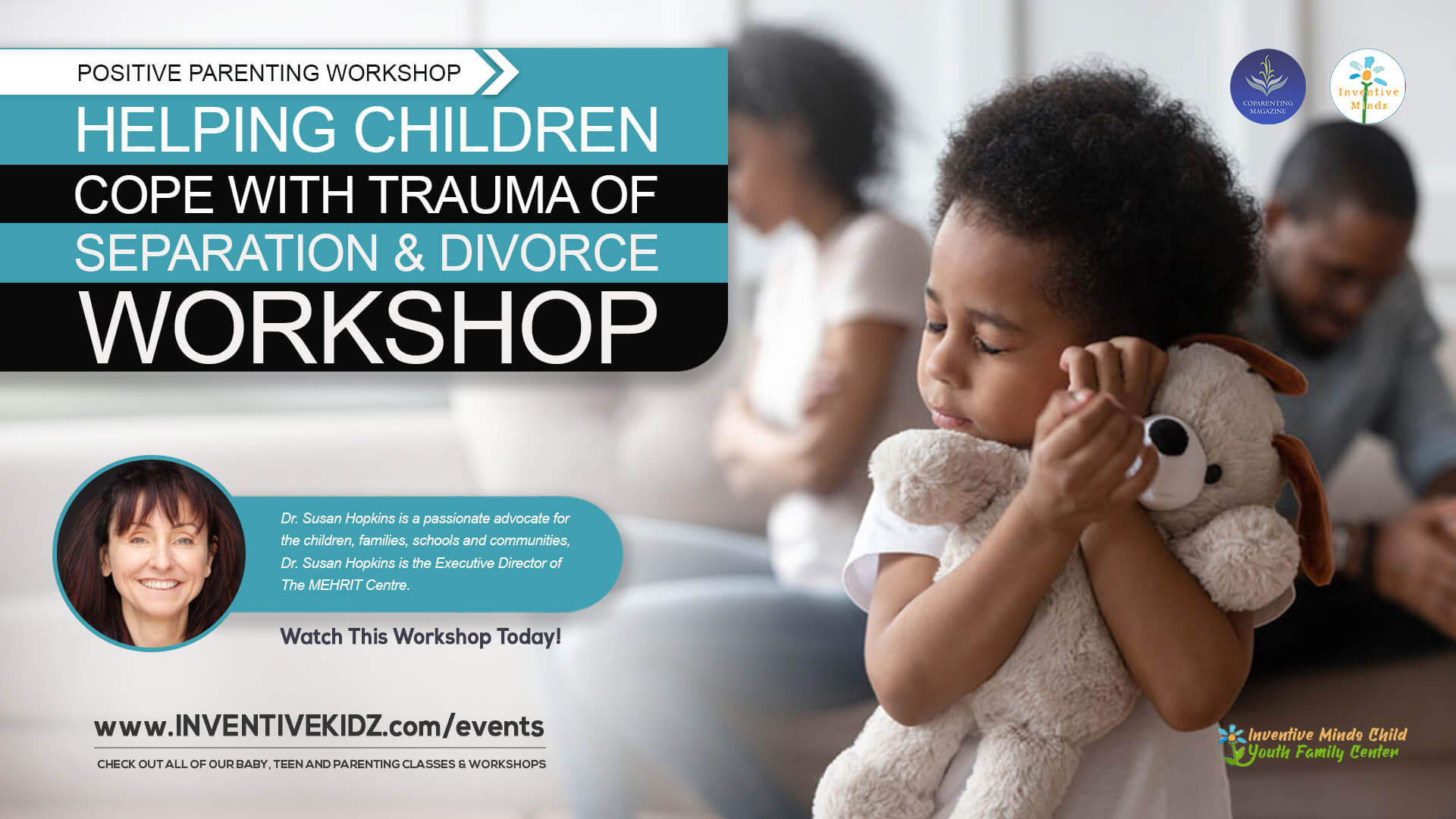Let’s be honest… Separating spouses are not running to line up for any process to commemorate the death of their relationship. The separating spouse is usually in pain, angry, confused, scared and hopeless.
She is wanting to run away from the ruins of her marriage. She is not volunteering for anything at this stage of her life.
As an aside, the most satisfied client of mine, after thanking me for providing them with excellent and compassionate legal representation, follows the compliment with “I hope I never need to use you again.”
When we use the term ‘voluntary’ we must recount the context… not from our perspective (we meet hundreds of separating spouses, whereas the client meets one Family law lawyer and we are in and out of courthouses almost daily, which does not cause us anxiety, whereas the very presence of a separating spouse in a courthouse causes tremendous stress and anxiety for her), but from the perspective of the client who never planned for this, wishes the pain would stop and feels helpless.
Can a person in this emotional state really be acting with volition and intent ?
When a spouse finds herself in this situation, she speaks to her friends and family, makes inquiries of what to do next and, eventually, lands in the office of a professional (therapist, lawyer and/or mediator) who guides her to the next step.
When this person ‘volunteers’ for mediation as a ‘process’, she is usually choosing the least of all poisons. The other alternatives are not available (reconciliation), not affordable (litigation) or impractical (doing nothing).
Another way to look at it stems from my observations on Wednesdays at the Family Court of the Superior Court of Justice in Newmarket. Wednesdays is motions day. Between 30 to 50 motions are on the docket each Wednesday. There is no limit placed on this list. There is no case management. There is no planning. It’s a free for all. Each Wednesday, separating spouses and counsel line up at 10:00 a.m. to seek judicial intervention. There is a problem in the lives of these spouses. They could not resolve them. Their lawyers could not resolve them. They are nervous, worried and anxious…but hopeful. They hope that the motions’ judge will hear their problem and declare a solution.
That can’t happen. Why ?
One motions’ judge cannot solve 30-50 domestic problems between 10:00 a.m. and 4:00 p.m. S/he may be able to help a few families. This of course starts after those spouses who have given up, failed to confirm their court attendance in advance, failed to attend court that day or have already resolved their dispute, are managed by the court. This usually takes 30 to 90 minutes. That is when the motions’ judge announces that the remaining time in the day is not adequate to help the many remaining spouses in waiting.
Now for the notion of ‘volunteering for mediation’.
The motions’ judge announces that this court location offers mediation services. It is free and available. The judge reminds everyone that, regrettably, s/he cannot help most of those in the room.
So the spouses and counsel, in utter disappointment, consider the alternatives (leaving court with no solution, coming back next Wednesday and hoping to be heard, booking a fixed motion date in 4 months or… ‘volunteering for mediation’).
It is arguable that in these situations a person is acting under duress or desperation when opting for mediation.
Don’t get me wrong. Mediation may be the very best option for this family. It may preserve the relationship… ensure mutual respect… permit the discovery of a cooperative solution… end the conflict… and save money.
But I query whether mediation was voluntary.




















